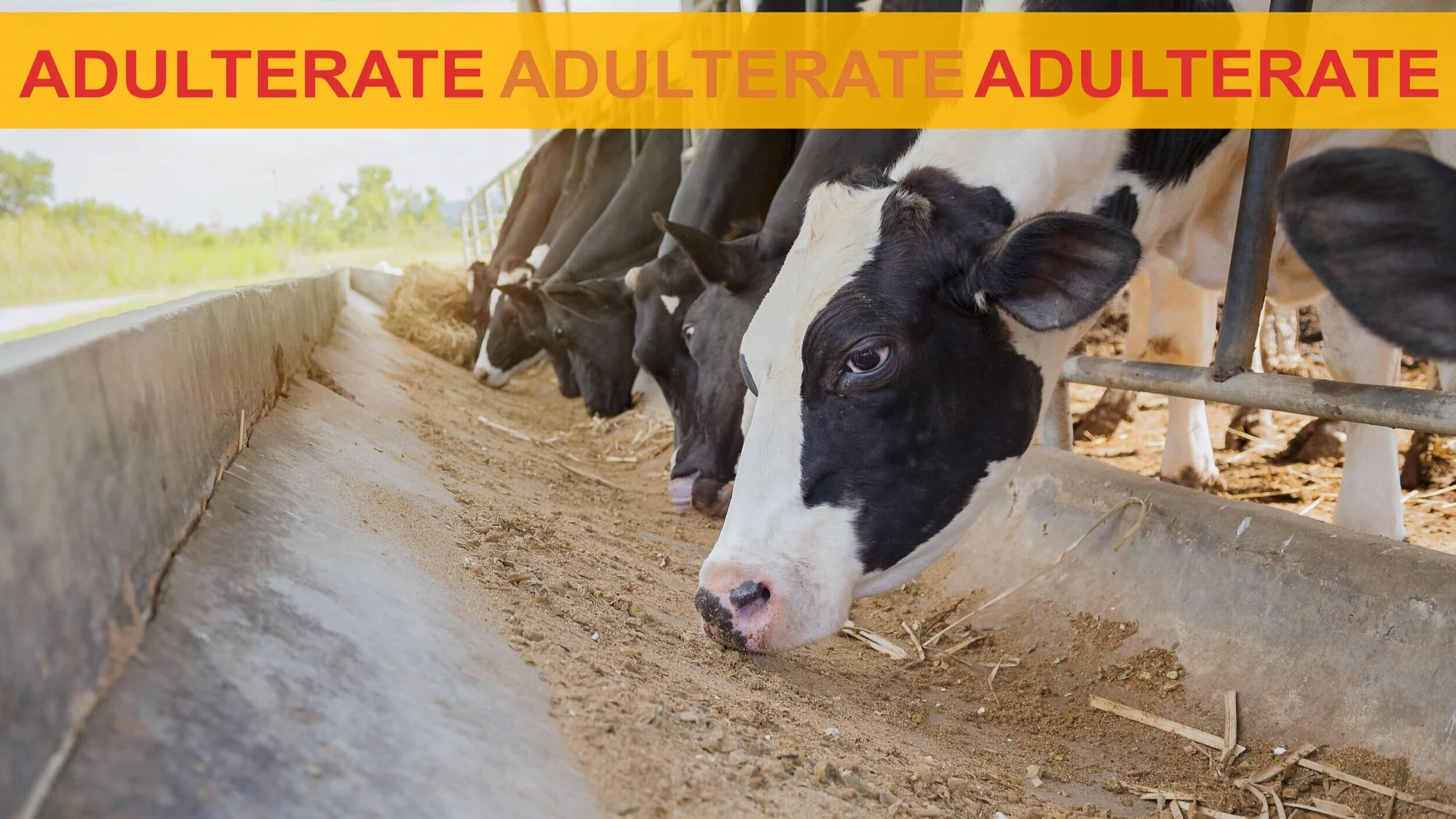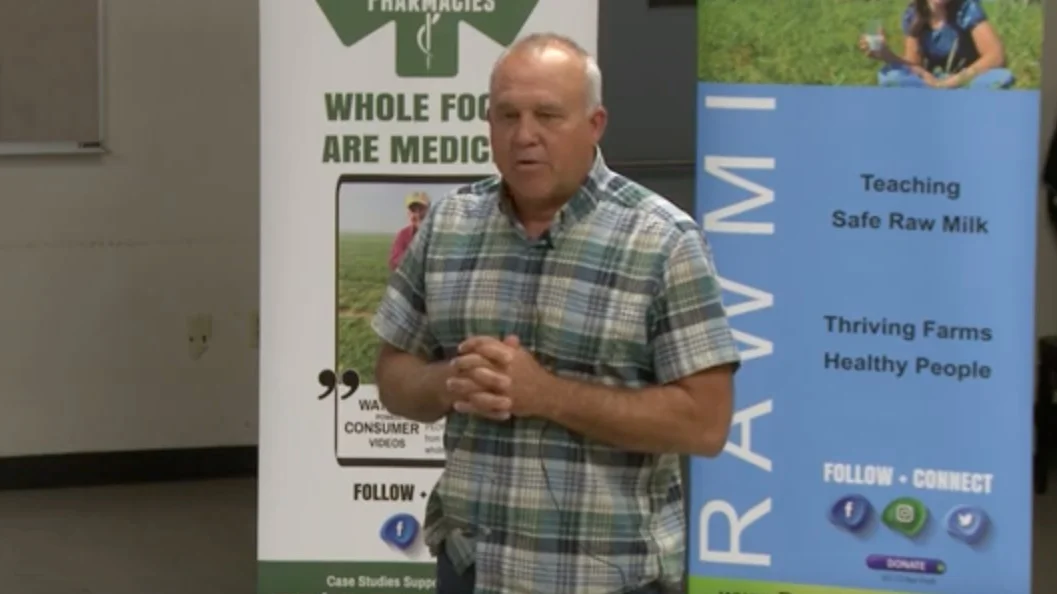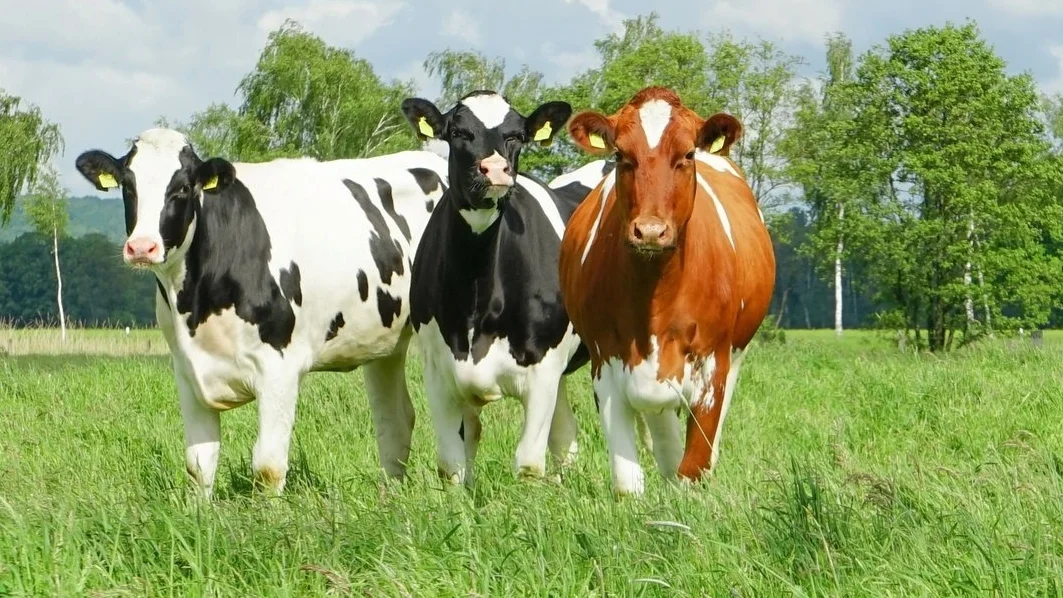
A campaign for the continued availability of safe, unadulterated raw milk in Australia.
Health & Research
Microbes live in and on many terrains. They are everywhere. However, according to a May 2020 article, Food Standards Australia New Zealand (FSANZ) reported a 50% rise of food contamination cases in Australia by microbes leading to product recalls in 2019.
What is happening in the supply chain, in the processing plants, and more importantly, in the soil or terrain in which these foods are grown? Where are the beneficial microbes that traditionally live in abundant numbers, and crowd out the pathogens? What is happening to the beneficial microbes? Are they being killed off by sterilisation, UV, or agrochemicals with antibiotic properties? Pathogens are everywhere, but beneficial microbes in large numbers keep many pathogens, and their activities in check. When beneficial microbes are removed from terrains, research show that opportunistic microbes rush in and take over. In general: when the terrain is healthy, the food product will be healthy. Food safety standards, healthy soil, and beneficial microbes are surprisingly intertwined, and has an impact on the food safety of raw drinking milk as well. Below is a variety of articles that fall under this category.
There has never been a greater need to unshackle dairy farmers from the ban on raw milk. Australian consumers are demanding raw milk for health reasons. Industry and regulators need to sit down and work out a regulatory framework for Australia.
Change the rule mandating pasteurisation of all farm milk, as it has no scientific basis in public health and causes an unlevelled playing field. Australia's current dairy regulations benefit processors and retailers, while disadvantaging farmers and consumers.
FSANZ’s projections, which were not verified against real-world data, are still being used to justify a nationwide ban on raw cows’ milk in Australia.
Australia needs to modernise its dairy food regulations to legalise and regulate the sale of safe raw milk to satisfy the existing consumer demand. The recent punitive measures taken by state governments against dairy farmers to prevent the sale of raw milk are counter-productive and will encourage a black market with its inherent problems.
The International Scientific Conference on Raw Milk was held in Valencia, Spain. The topics were ‘The ecology of raw milk’ and ‘The benefits of raw milk for human health’, and the videos are now available to watch.
ABC’s Background Briefing finally published its in depth story on raw milk and bath milk in Australia. There was an early morning 6 minute segment that broadcasted on national radio, with the release of the full 39 minute story on the Background Briefing website, followed by an article the day after.
Ministry of Primary Industries has finally released its report. The raw milk movement has waited nearly two years for it. MPI now concludes that the regulations are protecting public health, and no changes are proposed at this stage.
The climate change wars are burning hot in Canberra as the major political parties takes aim at each other over emissions. However, we can learn from New Zealand, where methane that cattle produce is the primary target as a key climate change solution.
In some overseas countries, agribusiness is increasingly turning to natural and sustainable alternatives to chemicals, as some consumers rebuff genetically modified foods, and concerns grow over Big Ag’s role in climate change.
Research into the methods and results used by the Raw Milk Institute and the German Vorzugsmilch was published in the latest edition of the Journal of Epidemiology and Infection. They concluded that “raw milk can be produced with a high level of hygiene and safety.”
There is a growing movement to appreciate and protect artisan cheese heritage, against the pressure to industrialise, and the foisting of restrictive food safety regulations ill-suited to the needs, and conditions of small-scale dairy producers.
After 100 years of processor and political oppression raw milk is emerging as a consumer favourite. Raw milk provides all the immune system elements that are lost in processing and no longer found in the Standard American Diet. Today raw milk can be safe (ultra-low risk) and no longer a gamble.
Antibiotic-resistant microbes and infections are on the rise. There is a lot of institutional divisiveness that expects us all to adhere to standards of food safety, but an ignorance of how we are mass producing resistant microbes.
We have a farming and economic revolution on the way, and most raw milk supporters don’t even know that they have something to be excited about. Many people feeling quite depressed about our food supply, farming systems etc.
What is the latest news from experts and pioneers on increasing fertile topsoil? The right set of land management practices have huge potential for providing the highly fertile topsoil and remineralised, green biomass needed for a thriving raw milk industry in Australia.
We’re on the cusp of switching from Veganuary to Februdairy. These are social media hashtags around which there have been many new developments that affect us all in a profound way.
At the recent Oxford Real Farming Conference dairy farmer Christine Page from Smiling Tree Farm, gave a great presentation as part of the The Rise of Milk Substitutes: how can dairy producers respond? session.
Beneficial microbes improve health in many terrains. Colonisation resistance is a completely different way of thinking. When the information is applied, it is both pioneering and revolutionary.
Peg is a senior medical microbiologist and risk analyst who takes an interest in the raw milk movement. She has started her own blog with interesting information that will appeal to a varied audience, not just scientists.
Prohibition-based policies around raw milk - which focus solely on minimising risk - are missing the critical point of raw milk's unique health benefits, at a time when they are desperately needed. We are “bacteriosapiens”. It is our nature.
Both animals and people need a good diet to build strong resistance to disease and bacterial infections. For ruminants it is a nutrient-dense forage, and for humans it is a diet containing diverse living foods.
Mark explained how mankind has been busy destroying our earth’s macro-biome, and how it is now affecting our inner biome. For mankind to thrive, we need bacteria.
Soil scientist show that grassland really need the right kind of aerobic soil microbes, agrochemical-free farming, rotational grazing and high diversity of plant species, to create soil fertility and remineralised forage.
Research has found a probiotic bacteria that can destroy this superbug. Researchers discovered that a probiotic bacteria called Bacillus can fight and effectively eliminate Staphylococcus aureus.
Churchtown Dairy, a Hudson, upstate NY biodynamic farm became the 17th to be listed with the Raw Milk Institute last month.
The Global Soil Health Challenge call on governments to put systems in place to put atmospheric carbon back into the soil, however Australian politicians do not seem interested.
80% of immunity lies in the gut. Many consumers have ideas about probiotics that are simply not stacking up to science. Biology should not be ignored when it comes to modern diseases.
Australians are coming to the realisation that our health is in crisis, because agriculture is in crisis. Food is medicine.
This article questions if the coroner's inquest will be able to deliver real solutions. Australians can get caught up in details, miss a few truths, and then over-regulate to create safety.
This article was written to help vegans and other food consumers better define why they are angry about farming involving animals and why they want change.
Australians are among the sickest in the world and a healthy ratio of fatty acids has proven before that it can help with better health, however finding these foods in Australia is challenging and very expensive.
Catalyst has created two episodes exploring what happens to your health when you transform the bacteria living in your gut. Also more on the latest research from universities from around the world.
Dr. Maya spent a lot of time delving into the scientific literature and found that being exposed to diverse microbes is what makes our guts, immune systems and our brains healthy.
The British Columbia Herdshare Association is a non-profit society serving the herdshare community of British Colombia through providing support, education, and advocacy. They are doing some very inspirational work.


































